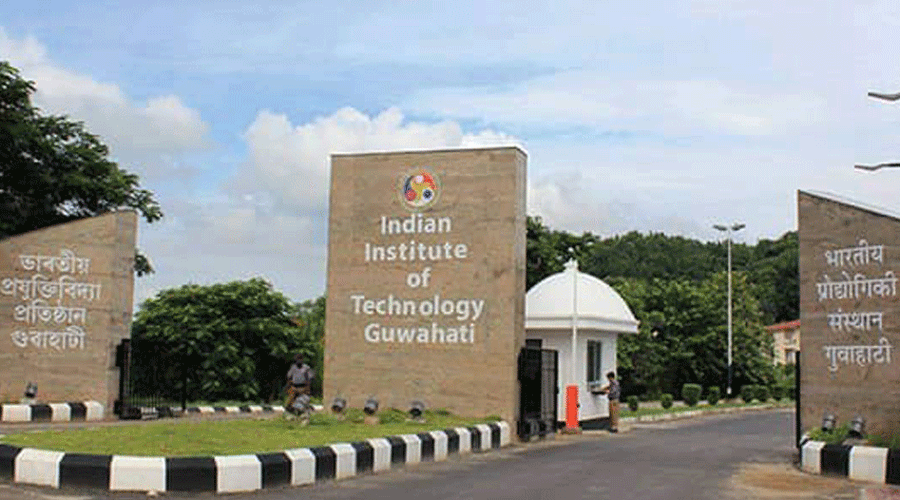Researchers from the Indian Institute of Technology Guwahati have developed a biodegradable and edible coating that extends the shelf-life of fruits and vegetables by nearly two months.
This coating material, which will prevent wastage, was tested on vegetables such as potato, tomato, green chili and strawberries, Khasi mandarin, apples, pineapples and kiwi fruits. The coating was found to keep these vegetables fresh for nearly two months, the IIT said in a statement on Monday.
The researchers, led by Prof. Vimal Katiyar, department of chemical engineering and Centre for Excellence in Sustainable Polymers, believe their development could help the country meet the UN’s Sustainable Development Goal (SDG) target 12.3 that is “aimed at reducing food losses along the production and supply chains, including post-harvest losses”.
Citing the Indian Council of Agricultural Research figures, Katiyar said between 4.6 and 15.9 per cent of fruits and vegetables go waste post-harvest, partly due to poor storage conditions. “In fact, post-harvest loss in certain produce items like potato, onion and tomato could be as high as 19 per cent, which results in high prices for this highly consumed commodity,” he said. The trial is over.
Biosafety tests of the coating materials showed they were “nontoxic” and could be “safely” used as edible food packaging materials.
Now more broader studies are going on at farmer’s level and formulations are ready for commercialisation, Katiyar said. “It is a simple and elegant dip coating technique with no significant cost added to the post-harvest processing. Vegetables and fruits just have to be dipped in coating solution and taken out in a minute and then left for drying. The coating is made of eatable biopolymer. We are any way consuming such polymers in day-to-day life in one form or other,” Katiyar said.
Besides Katiyar and Prof. Vaibhav V. Goud, the research team included Kona Mondal, Tabli Ghosh, Mandavi Goswami, Shikha Sharma and Sonu Kumar from the department of chemical engineering.
The results of this research have been published in the prestigious journals including Royal Society of Chemistry Advances (https://doi.org/10.1039/D2RA00949H), Food Packaging and shelf life, Food Chemistry, IJBM, ACS-JAFC and American Chemical Society’s Food Science and Technology (https://doi.org/10.1021/acsfoodscitech.2c00174 ), the IIT said in a statement on Monday.
The research team used a mix of a micro-algae extract and polysaccharides to produce protective, edible films for coating on vegetables and fruits.
Katiyar said the newly-developed coatings can be mass-produced, are unique and very stable to light, heat and temperature up to 40°C, edible and can be safely eaten as part of the product formulation and do not add unfavourable properties to it.
“They retain the texture, colour, appearance, flavour, nutritional value and microbial safety of the fruit or vegetable that has been coated, thereby enhancing their shelf life to several weeks to months,” Katiyar said.










